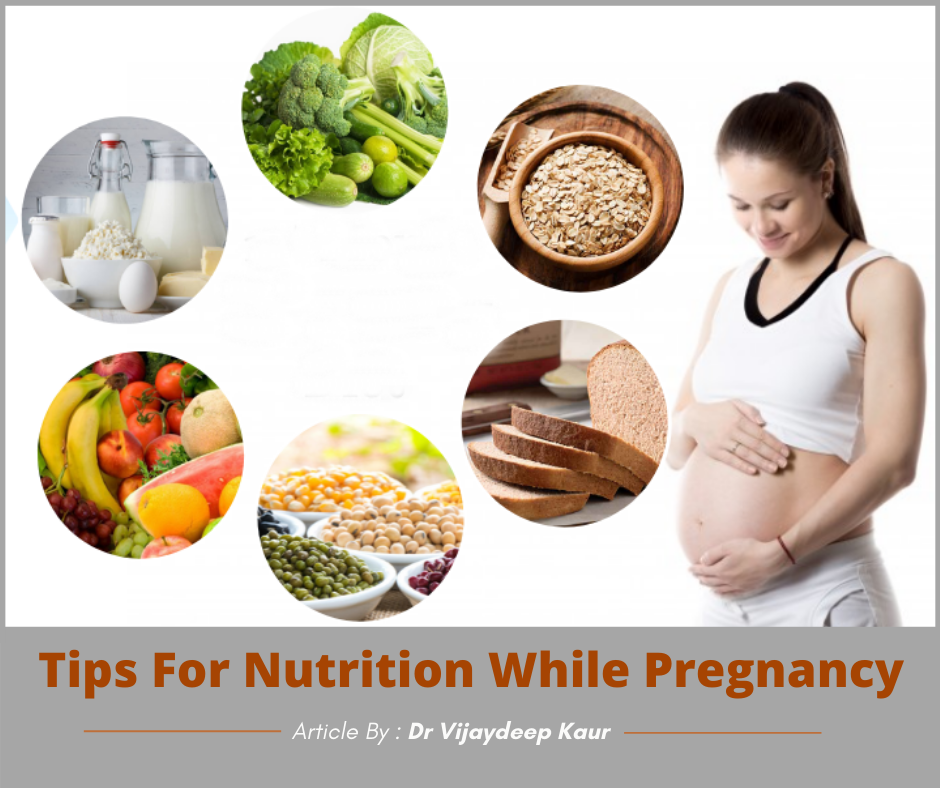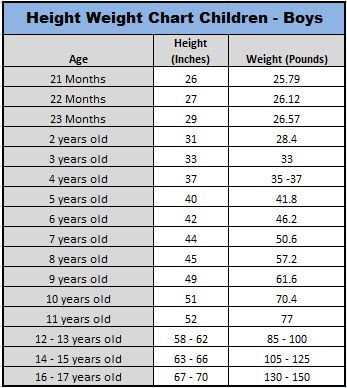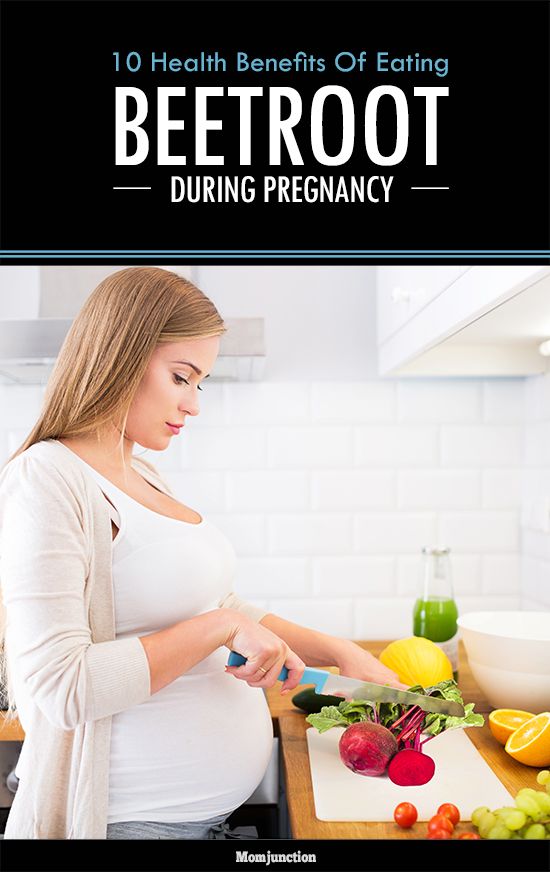Herbs to stay away from while pregnant
| Achillea millefolium |
Milenrama, Yarrow |
Stems, leaves, and flowers |
Tea |
May induce uterine contractions. |
| Actaea racemosa | Cohosh negro, Black cohosh |
Root |
Tea, capsules |
May induce uterine contractions. |
|
Adiantum capillus-veneris |
Maidenhair fern, Culantrilllo de pozo |
Fronds (leaves) |
Tea |
May induce uterine contractions |
| Aloe vera |
Sábila, zábila, Aloe, babosa |
Gel and latex |
Cremas, Preparaciones, Hoja entera, Bebidas |
Gel used topically is considered safe. |
|
Alchemilla, xanthochlora |
Lady’s mantle |
Leaves |
Tea, capsules |
May induce uterine contractions |
| Angelica archangelica |
Angélica |
Root |
Tea, capsules | May induce uterine contractions. |
| Angelica sinensis |
Angélica china, Dong Quai, Dang gui, Chinese angelica |
Root |
Tea, capsules |
May induce uterine contractions. |
| Anthemis nobilis |
Manzanilla romana, Roman chamomile |
Flowers |
Tea, capsules |
May induce uterine contractions. |
| Artemisia spp. |
Estafiate, Istafiate, Ajenjo, Wormwood |
Leaves and stems |
Tea |
Various species of wormwood contain potentially neurotoxic ingredient known as thujone. |
|
Capsella bursa-pastoris |
Shepherd’s purse, Bolsa de pastor |
Leaves, stems and flowers |
Tea, tinctures |
May induce uterine contractions. |
| Cascara sagrada |
Cáscara sagrada, Sacred bark |
Tree bark |
Tea, capsules |
May induce uterine contractions. |
| Caulophyllum thalictroides |
Cohosh azul, Blue cohosh, squaw root |
Root |
Tea, capsules |
May be toxic to fetus and induce uterine contractions. |
| Centella asiatica |
Gotu kola, Centela |
Steams, leaves |
Tea, capsules |
May induce uterine contractions. |
| Cinnamomum cassia |
Canelón, Cassia |
Tree bark |
Tea |
Occasional use as a condiment considered safe. Taken as tea may induce uterine contractions. |
|
Claviceps purpurea |
Ergot, Cornezuelo del centeno |
Fungus (sclerotium) |
Grows in various species of infected cereal grains (rare in industrialized countries) |
May induce uterine contractions. |
| Cinnamomum verum |
Canela, Cinnamon, true cinnamon |
Tree bark |
Tea |
Occasional use as a condiment considered safe. |
| Datura spp |
Estramonio, toloache Jimsonweed, stramonium, moonflower |
Planta entera |
Tea |
Various species of Datura are toxic and hallucinogenic. Avoid use. |
|
Dioscorea villosa |
Wild yam, Cabeza de negro |
Root and rhizomes |
Tea, tinctures, capsules |
Uterine stimulant |
|
Dryopteris filix-mas |
Male fern, Helecho macho, Dentabrón |
Root |
Tea, extracts, pills |
May induce uterine contractions. |
| Dysphania spp |
Wormseed, Mexican tea, Epazote, Paico |
Leaves and stems |
Tea |
Occasional use as a condiment considered safe. |
|
Foeniculum vulgare |
Fennel, Hinojo |
Seeds, root, leaves |
Tea, pills, capsules, essential oil |
High doses should be avoided, as they may induce uterine contractions |
|
Harpagophytum procumbens |
Devil’s claw, Garra del diablo |
Root |
Tea, pills, capsules |
May induce uterine contractions |
|
Humulus lupulus |
Lúpulo, Hops |
Fruits |
Tea, pills, capsules |
May induce uterine contractions. |
| Hydrastis canadensis |
Sello dorado, Golden Seal |
Root |
Tea, pills, capsules |
May induce uterine contractions. |
|
Hypericum perforatum |
Hierba de San Juan, corazoncillo, hipérico, St. John´s Wort |
Flowers, Steams |
Tea, pills, capsules |
May induce uterine contractions. |
|
Hypericum perforatum |
Hierba de San Juan, corazoncillo, hipérico, St. John´s Wort |
Flowers, Steams |
Tea, pills, capsules |
May induce uterine contractions. |
|
Juniperus spp. |
Sabino, Juniper berry |
Berry |
Tea |
May induce uterine contractions. |
|
Leonorus cardiaca |
Motherwort, Agripalma |
Stem, leaves, and flowers |
Tea, tinctures, syrups |
May induce uterine contractions. |
|
Lycopus virginicus |
Bugleweed, Menta de lobo |
Stem, leaves, and flowers |
Tea, tinctures |
May induce uterine contractions. |
|
Matricaria recutita |
Manzanilla alemana, German chamomille |
Flowers |
Tea, capsules, Enema |
May induce uterine contractions. |
|
Mentha pulegium |
Poleo, Pennyroyal |
leaves, Steams and Flowers |
Te, Aceite esencial |
Essential oil should not be used internally; abortifacient and liver toxic. |
|
Montanoa tomentosa |
Zoapatle. Cihuapatli |
Leaves and stems |
Tea |
May induce uterine contractions. |
|
Nicotiana tabacum |
Tabaco, Tobacco |
leaves |
Smoked, chewed |
Castor oil used as laxative may stimulate uterine contractions. The seeds are very poisonous. |
|
Ocimum basilicum |
Basil, Albahaca, Albacar |
Leaves and stems |
Tea, essential oil |
Safe as a condiment. Avoid essential oil during pregnancy. |
|
Origanum spp |
Oregano |
Leaves and stems |
Tea, essential oil |
Occasional use as a condiment considered safe. |
|
Panax ginseng |
Ginseng coreano, Korean ginseng |
Root |
Tea, capsules |
Safety for use during pregnancy not established. |
|
Panax quinquefolius |
Ginseng americano, American ginseng |
Root |
Tea, capsules |
Safety for use during pregnancy not established. |
|
Passiflora incarnata |
Flor de la pasión, Passion flower |
Flowers |
Tea, capsules |
May induce uterine contractions. |
|
Pausinystalia yohimbe |
Yohimbe |
Tree Bark |
Tea, capsules |
May induce uterine contractions. |
|
Peumus boldus |
Boldo |
leaves |
Tea |
Contains a toxic compound known as ascaridol and a hypnotic alkaloid, boldine. |
|
Piper methysticum |
Kava kava |
Rhizomes, root |
Liquid extracts, capsules |
Safety for use during pregnancy not established. |
|
Rhamnus purshiana |
Espino cerval, Buckthorn |
Corteza |
Tea, capsules |
May induce uterine contractions. |
|
Rheum spp |
Ruibarbo, Rhubarb |
Root |
Tea, capsules |
May induce uterine contractions. |
|
Ricinus communis |
Ricino, Castor oil, palma Christi |
Seeds |
Oil |
Castor oil used as laxative may stimulate uterine contractions. The seeds are very poisonous. |
|
Rosmarinus officinalis |
Romero, Rosemary |
Steams and leaves |
Tea, essential oil |
Occasional use as a condiment considered safe. Taken as tea may induce uterine contractions. Avoid topical use of essential oil during pregnancy; avoid ingestion of essential oil. |
|
Ruta graveolens |
Rue, Ruda |
Leaves and stems |
Tea |
Toxic internally, may induce uterine contractions. |
|
Serenoa repens |
Palma sabal, Saw palmetto |
Berrys |
Pills, capsules |
Bark may induce uterine contractions. Unripe berries are toxic. |
|
Symphytum officinale |
Comfrey |
Planta entera |
Tea, capsules |
Avoid prolonged use internally; can be liver toxic. |
|
Tabebuia spp |
Palo de arco, lapacho Pau d´ arco |
Flowers, Arbol, Corteza |
Tea, capsules |
May induce uterine contractions. |
|
Tanacetum vulgare |
Tanaceto, Feverfew |
Flowers, Steams |
Tea, capsules |
May induce uterine contractions. |
|
Tanacetum vulgare |
Tanaceto, Feverfew |
Flowers, Steams |
Tea, capsules |
May induce uterine contractions. |
|
Trifolium pratense |
Trébol, Clover |
Flowers, Steams |
Tea, capsules |
May induce uterine contractions. |
|
Trigonella foenum-graecum |
Alholva, fenogreco, Fenugreek |
leaves, Semillas |
Tea, capsules |
May induce uterine contractions. |
|
Turnera diffusa |
Damiana, hierba de la pastora |
Flowers, Steams |
Tea, capsules |
May induce uterine contractions. |
|
Uncaria tomentosa |
Uña de gato, Cat´s claw |
Liana |
Tea, capsules |
May induce uterine contractions. |
|
Ustilago maydis |
Corn smut, Cuitlacoche, Huitlacoche |
Fungus |
Food |
Safety for ingestion during pregnancy not established. Avoid especially during the first trimester of pregnancy. |
Herbs to Avoid While Pregnant
Pregnancy- it's such a miracle if one thinks about it. Life begins to feel rich and steady when you are waiting for something to hatch. This ecstatic jubilant adventure changes your life in many ways, one of which is how you care for yourself. Now that a new company is breathing in your skin, you must be keen about what’s on the plate that could be harmful to you and your baby.
Life begins to feel rich and steady when you are waiting for something to hatch. This ecstatic jubilant adventure changes your life in many ways, one of which is how you care for yourself. Now that a new company is breathing in your skin, you must be keen about what’s on the plate that could be harmful to you and your baby.
We all know how synthetic medicines have replaced the goodness of natural herbs, but masses still opt for herbal remedies for nutrition and relieving some usual discomforts during pregnancy. Many medical professionals still do not recommend taking herbs during pregnancy due to a lack of evidence and clinical literature. We always require a reliable set of information while dealing with such cases. Although there are loads of herbs that can be safely ingested during this time, sadly few of many are highly contraindicated as they compromise the safety of mother and baby.
Today, we are going to break down a series of natural herbs that you must watch out for in your supplements and plate.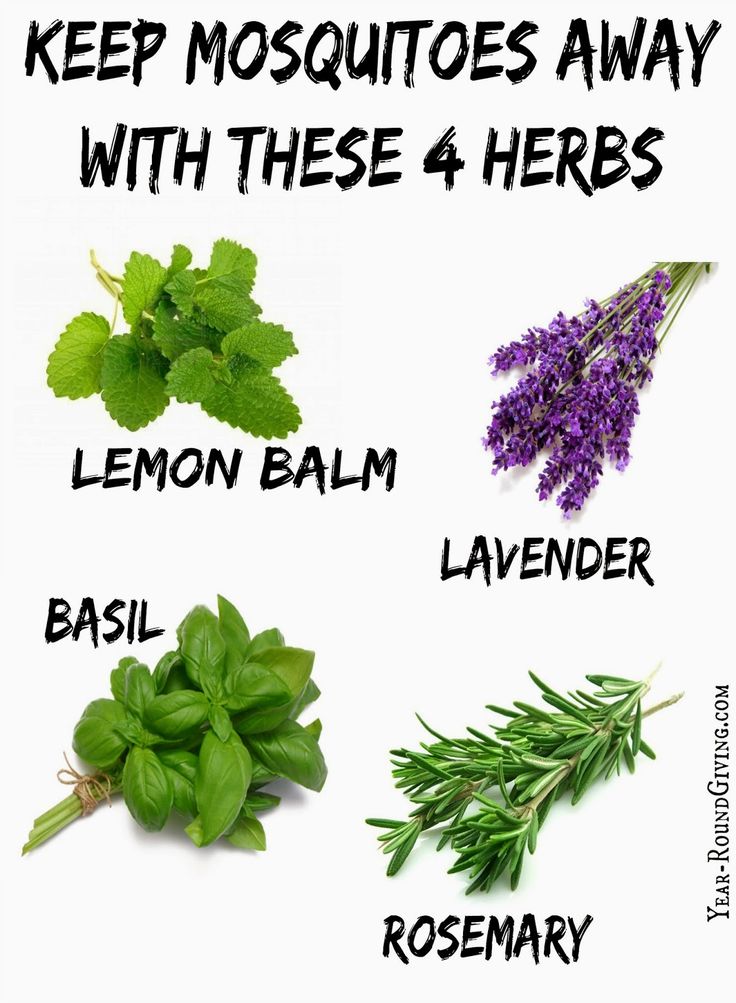
Aloe vera
When topically applied, aloe vera gel does not cause any harm but its ingestion should be avoided during pregnancy. It contains anthraquinones that impart laxative action which may induce abortion.
Angelica
It is usually recommended to avoid taking angelica orally during pregnancy as it can threaten the life of the fetus by stimulating uterine muscle contractions that can lead to miscarriages.
Black Cohosh
Black Cohosh is famous for inducing labor contractions, especially during the first trimester of pregnancy. There isn’t enough data available that tells us whether it could harm a nursing baby. It is better to stay on the safe side and avoid its consumption.
Blue Cohosh
Taking blue cohosh orally during pregnancy can be toxic to the mother and be a big threat to the life of the fetus. It has been reported to produce birth defects and severe heart-related problems in the fetus if a mother ingests blue cohosh during the trimester of her pregnancy.
Bugleweed
Bugleweed should be avoided during pregnancy and breastfeeding as it has its way with the hormonal activity that can disrupt their balance and threaten the fetus and milk production in lactating mothers.
Cascara sagrada
Cascara sagrada contains anthraquinone that has a severe purgative effect which can lead to miscarriage.
Cinnamon
Cinnamon doesn’t display any harm when it is taken occasionally as a condiment during pregnancy. However, cinnamon tea, capsules, and their respective supplements must be avoided because it's an emmenagogue that has the capability to contract the uterine muscles and kick-start menstrual bleeding.
Datura (Jimsonweed)
Jimsonweed is known by various names around the world. Such as thornapple, devil’s trumpet, and devil’s snare. Its leaves contain atropine alkaloids that proffer teratogenicity and should be avoided during pregnancy and breastfeeding.
Ergot
Ergot is a fungus with wonderful benefits but it has been found to be harmful to an ongoing pregnancy.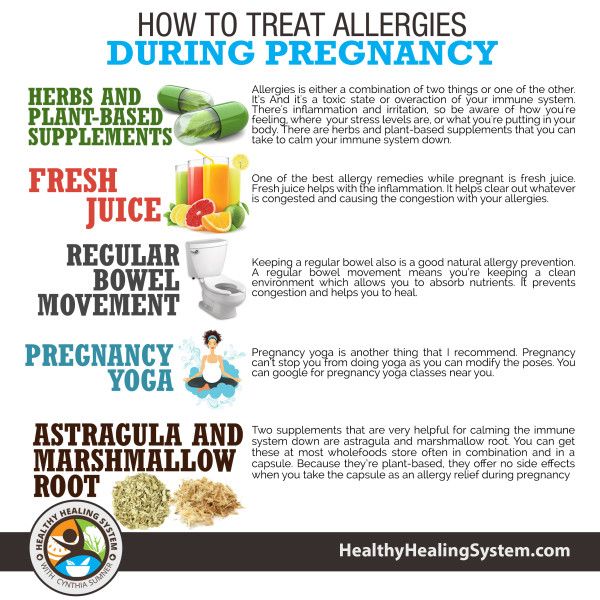 Its alkaloidal content, especially ergotamine tartrate and dihydroergotamine, can disrupt the blood supply to the fetus, which can lead to its death.
Its alkaloidal content, especially ergotamine tartrate and dihydroergotamine, can disrupt the blood supply to the fetus, which can lead to its death.
Fennel
Fennel is an all-rounder herb with myriads of medicinal benefits. However, its emmenagogue action isn’t suitable for the pregnant population and they must avoid it at any cost to escape the chances of menstrual bleeding and miscarriages.
Gotu Kola
Gotu Kola is an absolutely safe herbal remedy for topical application however, its oral ingestion is prohibited during pregnancy as it is liable to produce liver toxicity which can be harmful to certain functions that are keeping the fetus alive.
Maidenhair Fern
Maidenhair fern is a herb that poses multiplicity of action. It is highly contraindicated during pregnancy due to its anti-implantation effect that prevents conception. It also shouldn’t be administered to women who are suffering from estrogen-positive cancer because it mimics the actions of estrogen.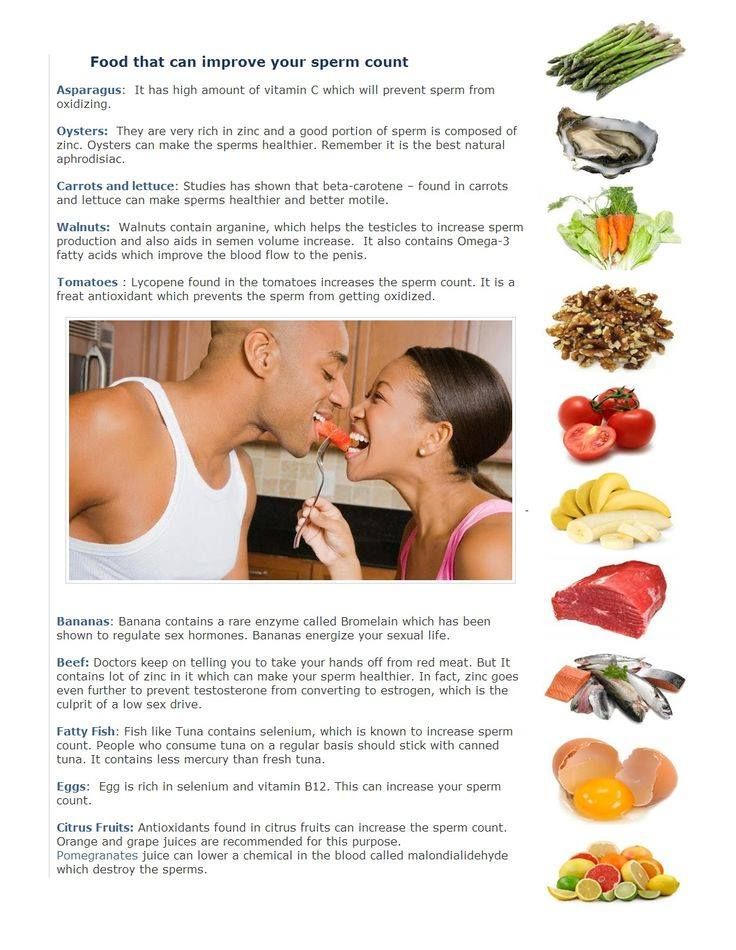
Motherwort
Motherwort is bestowed by mother nature for addressing the issues of women all around the globe. But pregnant ladies must steer clear of it due to its labor-inducing effects that can lead to miscarriages or fetal death due to bleeding.
Oregano
Oregano is no doubt an essential ingredient of Italian cuisines, without which the dish seems incomplete. However, pregnant ladies must abstain from ingesting oregano medicinal amounts, both topically and orally, as it contains some harmful substances that can harm the pregnancy and result in miscarriages.
Wormwood
Wormwood contains thujone that can induce abortion by stimulating uterine muscle contractions. Its ingestion in greater amounts should be avoided, especially during the first trimester as some animal studies have reported developmental abnormalities.
Yarrow
Yarrow is a famous abortifacient of its time. It was anciently used as an emmenagogue (start menstruation), contraceptive, and for inducing voluntary abortions.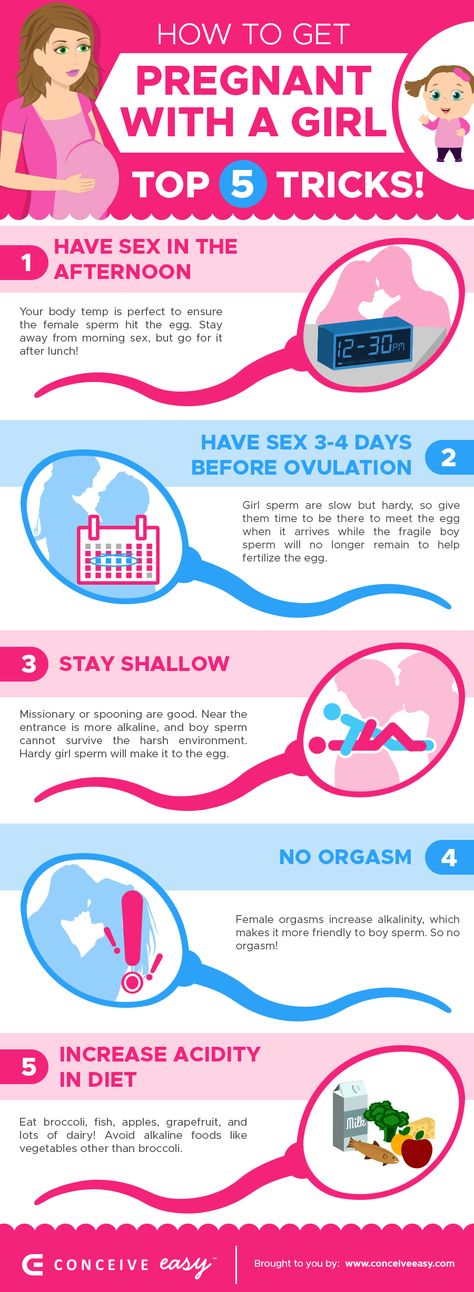 It is well-known for stimulating uterine muscle contraction that leads to miscarriage.
It is well-known for stimulating uterine muscle contraction that leads to miscarriage.
These are just a few herbs that are possibly unsafe to ingest during pregnancy. A number of herbs that lack some clinical evidence for their safe usage during pregnancy are yet to be investigated. It is preferred to discuss your discomforts with your gynecologist and set forth the alternative treatment you want to start with to avoid compromising the health of you and your baby.
Herbs that are contraindicated in pregnancy
What herbs are not allowed for pregnant women?
6 main groups of herbs that should not be used during pregnancy
- Affect the hormonal background.
- Contains a large amount of essential oils.
- Contains alkaloids.
- Poisonous, toxic herbs (yes, sometimes used in small doses in herbalism). nine0009
- Stimulates the muscles of the uterus.
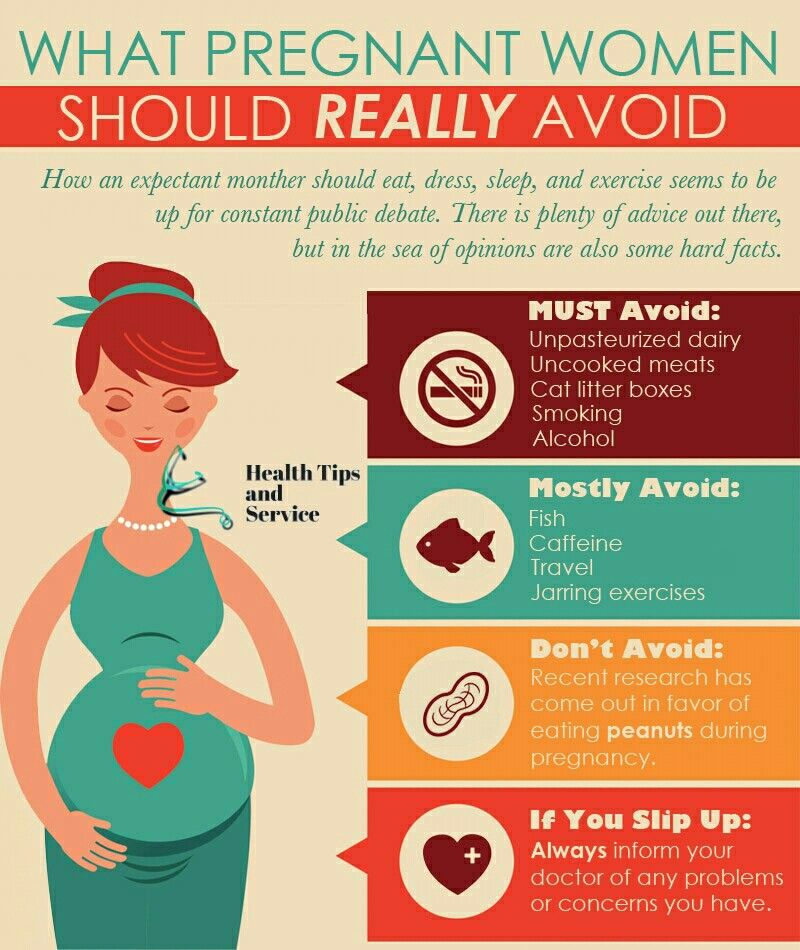
- Have a pronounced laxative or diuretic effect.
Exceptions are possible. After consultation with a herbalist, in some situations, herbs from the prohibited list can be taken, but you need to clearly understand the purpose of use and acceptable dosages.
Don't think that herbs can't do harm! Although the remedies are natural, but this does not mean that they are not strong! Statements like "I've been drinking and everything's fine!" should also not be taken seriously. nine0008
Manufacturers of herbal teas and teas do not always indicate contraindications on the packaging, please study the composition of the plants yourself before use.
Our lists are by no means complete and only the most commonly used herbs are listed.
A little more detail:
1. Influence the hormonal background
- Ginseng
- Golden root
- Maral root
- Eleutherococcus
- Aralia
- Licorice
- Sage
- Boron queen
- Red brush
- Hops
- Clover
- etc.
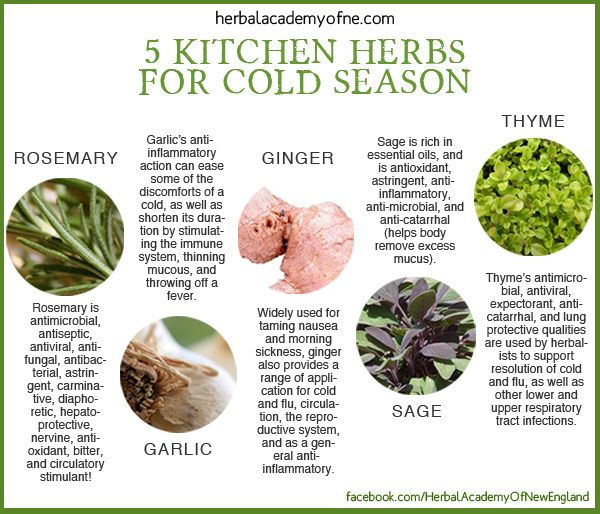
2. Contains a large amount of essential oils
Everything that smells fragrant belongs to this category. You should not panic if, after a couple of sips, a mint leaf was found in a cup of tea, but you should not drink such tea. Moreover, drink medicinal fees with a composition of fragrant herbs. nine0003
- Oregano
- Mint
- Melissa
- Thyme
- Sweet clover
- Anise lofant
- Kotovnik
- etc.
3. Contains different types of alkaloids
These herbs can affect the development of the baby, as well as provoke a miscarriage.
It is undesirable to take even in small doses!
- St. John's wort
- Ivan tea (non-fermented, low fermentation). You can drink ordinary fermented (which is dark in color) Ivan tea! nine0010
- Coffee
- Coltsfoot (recently reported to contain pyrrolizidine alkaloids that affect the liver).

- Sagan-dayla
- Lemongrass
- Chinese tea
- etc.
4. Toxic, poisonous herbs
Slightly toxic
- Ledum
- Tansy
- Wormwood
- Celandine
- Peony nine0007 Elderberry
- etc.
Highly toxic
- Demoiselle
- Larkspur
- Sophora
- Aconite
- Hemlock
- etc.
5. Increase uterine tone, may also cause miscarriage
- Basil
- Verbena
- Oregano
- Mirra
- Juniper
- Raspberry, leaf (but purposefully used in the last weeks of pregnancy!)
- Shepherd's bag
- Wormwood
- Motherwort
- Chamomile essential oil
- Common thyme
6. May cause maternal or fetal kidney damage (strong diuretics)
- Birch buds
- Cowberry
- Bearberry
- Zimolubka
- Cranberry
- Madder dye
- Juniper
- Rhubarb
- Pine
- Bearberry
- Poplar
- Horsetail
Congestion of the uterus (laxatives)
- Aloe
- Joster
- Castor oil
- Buckthorn
- Rhubarb
- Senna
An important addition!
It makes no sense to use these herbs as abortifacients! Because in most cases, you will not get the expected effect, only harm your health and the health of the baby! nine0036
The information was prepared by: herbalist Olga.
03/15/2022
Return to the list
10 prohibitions during pregnancy
What herbs should not be drunk during pregnancy and what procedures should be forgotten? BeautyHack asked the doctor of the Lapino Clinical Hospital.
Natalya Tsalko obstetrician-gynecologist, head of the admissions department of the Lapino Clinical Hospital: “Categoricalness in medicine and especially in obstetrics is a rarity. But there are things that are better to consciously limit the time of pregnancy. If you violated one of these points before you learned about your situation, do not rush to sound the alarm, just go to the doctor. nine0003
1) Antibiotics and other medicines
Antibiotics and teratogenic drugs are not recommended – as they can cause birth defects. Never self-medicate. Even if you just caught a cold, go immediately to the doctor. During pregnancy, you have to treat everything from appendicitis to pneumonia, and the doctor will help you choose the right remedy.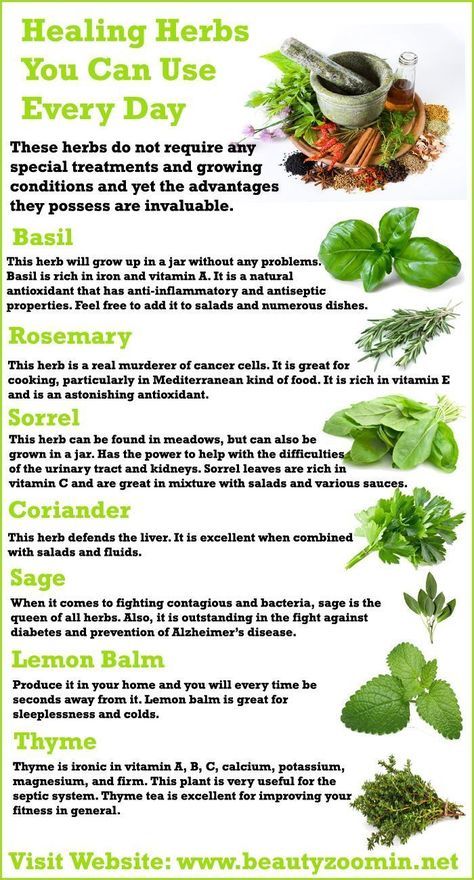
2) Extreme sports
Do not engage in extreme sports: diving, skiing. Equestrian sports and skydiving are also dangerous, there is a high probability of injury and falling on the stomach - in this case, you can lose the fetus. Doses of adrenaline will also be superfluous.
3) Herbal preparations
Herbs such as tansy, St. John's wort, aloe, anise, water pepper, cloves, serpentine, calendula, clover, wormwood, senna, can cause miscarriage.
4) Cosmetology
Cosmetic procedures are not recommended. It is better to refuse mesotherapy, Botox injections, photoepilation, the effect can be unpredictable.
5) Bath and sauna
Do not overheat the fetus. Steaming in a Russian bath or sauna is not the best idea during pregnancy, especially if you have never been there before it started.
6) Meat and fish
Be careful when choosing dishes in restaurants and when buying groceries.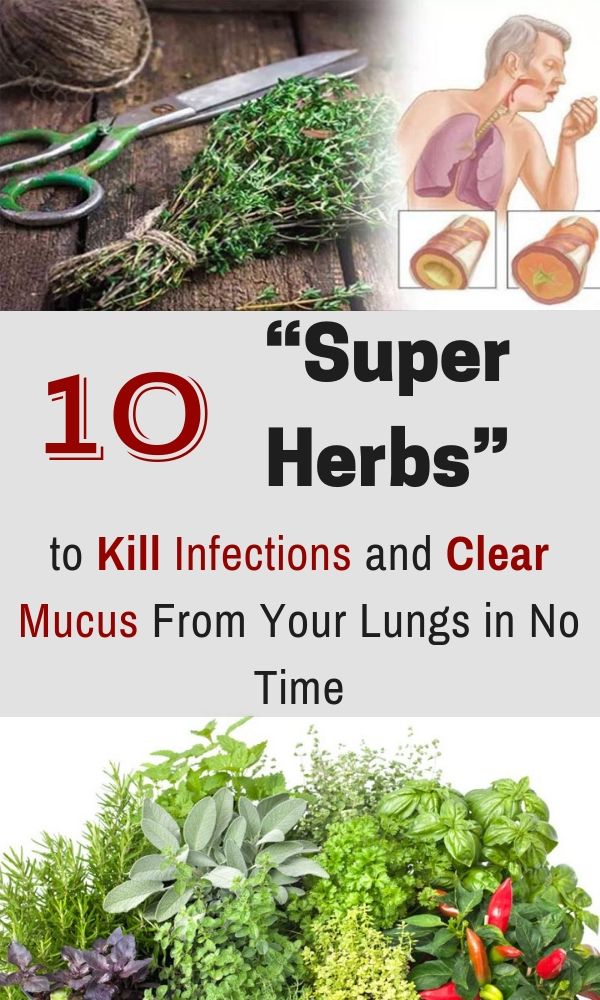 Thermally unprocessed meat, fish, seafood are dangerous with parasites. nine0003
Thermally unprocessed meat, fish, seafood are dangerous with parasites. nine0003
7) Travel
If you have placenta previa or isthmic-cervical insufficiency (premature opening of the cervix), flights are prohibited during the entire period of pregnancy. If you are healthy, then it is forbidden to fly from the 36th week due to the risk of childbirth: airlines do not take on board.
In the first trimester it is important not to catch an infectious disease. Refrain from traveling to countries where the incidence of malaria, typhoid fever and Zika is high. nine0003
8) Infectious diseases
Childhood diseases such as chicken pox and rubella are dangerous. I advise you to spend less time in places where there are a lot of children (kindergartens, schools, sections).
9) Alcohol
Drinking alcohol regularly and in large doses is not recommended. And before 21 weeks, it is better to forget about alcoholic beverages altogether, until organogenesis (the formation of organs in the process of embryonic development) is completed.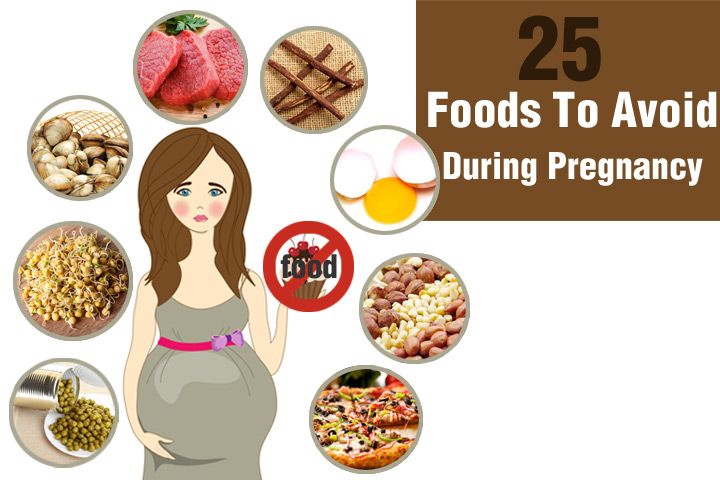
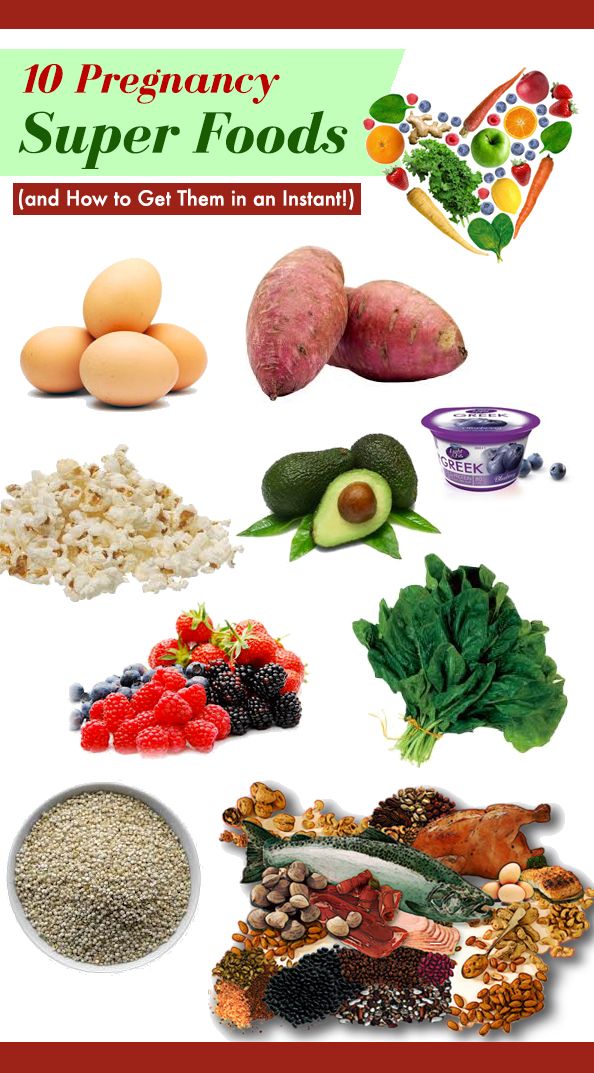

 Taken as tea may induce uterine contractions.
Taken as tea may induce uterine contractions. Contains a toxic compound known as ascaridol; may induce uterine contractions. Avoid ingesting oil, as it is neurotoxic.
Contains a toxic compound known as ascaridol; may induce uterine contractions. Avoid ingesting oil, as it is neurotoxic.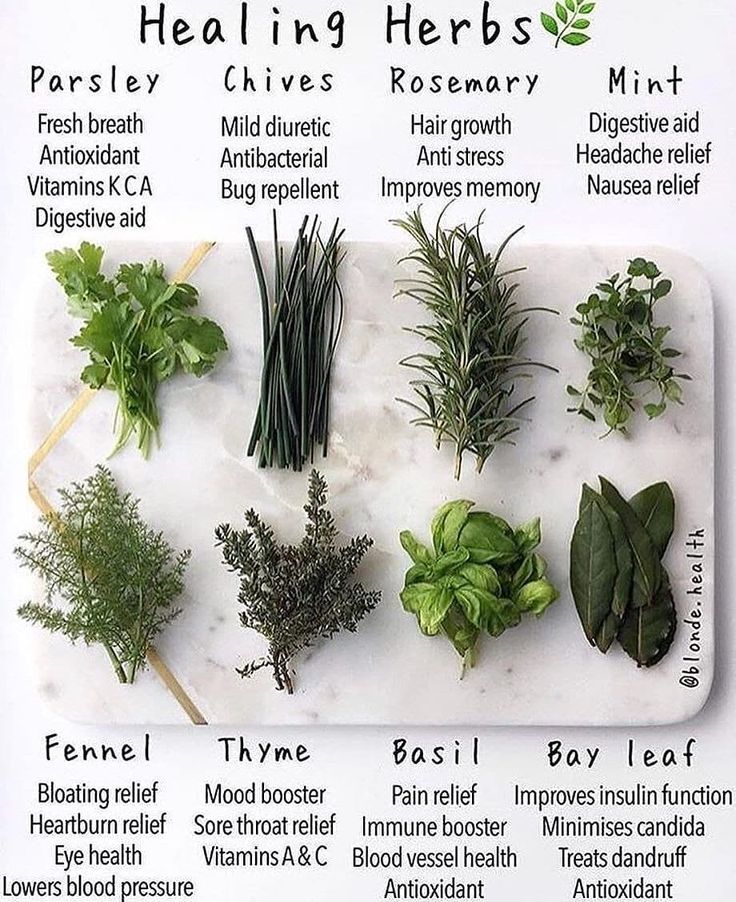
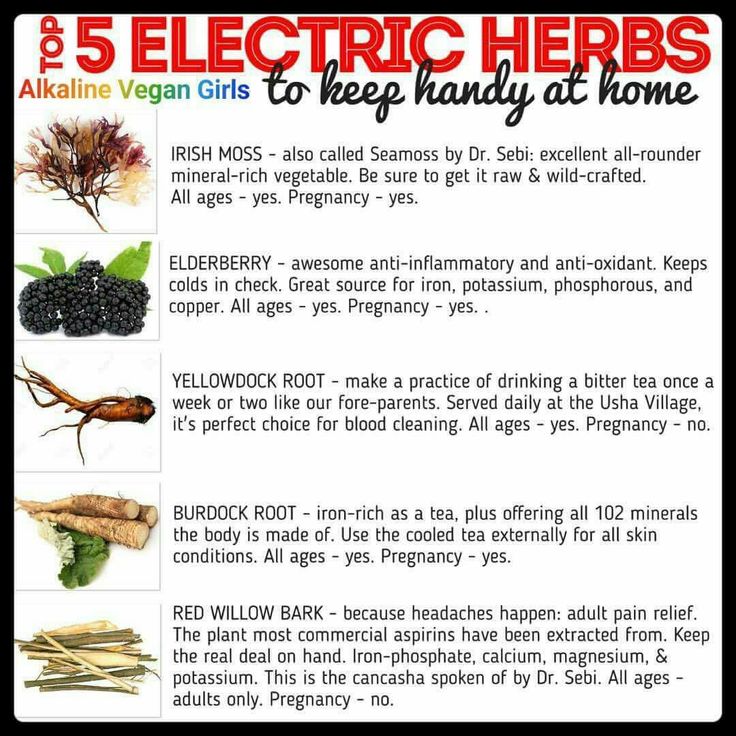

 Taken as tea may induce uterine contractions. Avoid topical use of essential oil during pregnancy; avoid ingestion of essential oil.
Taken as tea may induce uterine contractions. Avoid topical use of essential oil during pregnancy; avoid ingestion of essential oil.



